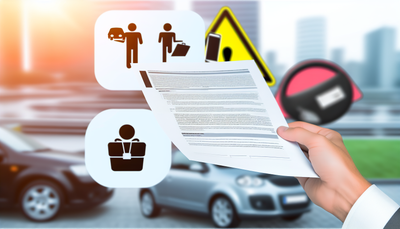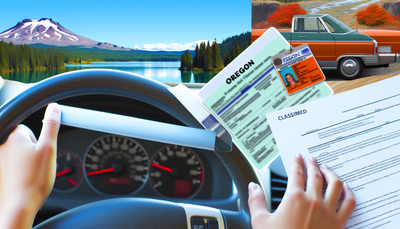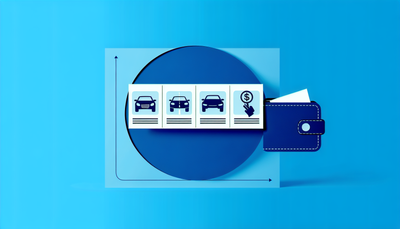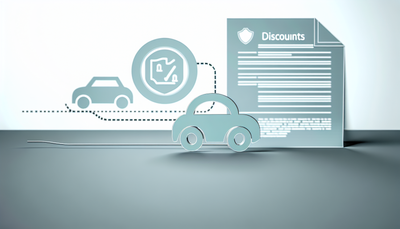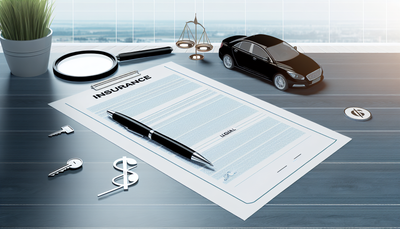Liability, Collision, and Comprehensive: What They Mean for Oregon Drivers
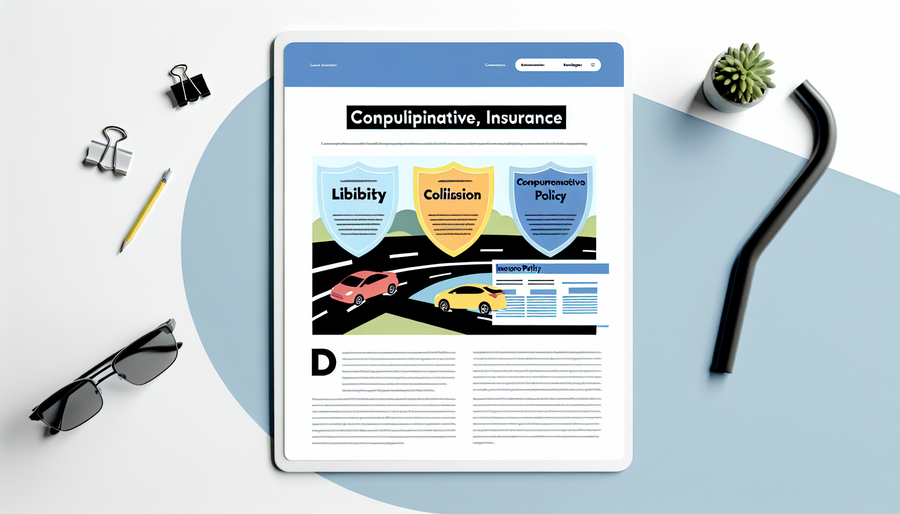
Liability, Collision, and Comprehensive: What They Mean for Oregon Drivers
When it comes to car insurance, understanding your coverage options can feel like learning a new language. If you're an Oregon driver, it's important to know what liability coverage, collision insurance, and comprehensive coverage mean — not just because they affect your wallet, but because they determine how protected you are on the road.
Let’s break down these three essential types of auto insurance and how they apply to driving in the Beaver State.
Liability Coverage: The Legal Must-Have
In Oregon, liability coverage isn’t optional—it’s the law. This type of insurance pays for damages and injuries you cause to others in an accident. It doesn’t cover your own vehicle or medical expenses, but it shields you financially from lawsuits and repair bills if you're at fault.
The state of Oregon requires minimum liability limits of:
- $25,000 per person for bodily injury
- $50,000 per crash for bodily injury total
- $20,000 per crash for property damage
Many experts recommend higher limits for better protection, especially if you have significant assets.
Collision Insurance: Protecting Your Vehicle After a Crash
Collision insurance covers damage to your own car after an accident, regardless of who’s at fault. Whether you rear-end someone or back into a pole in a parking lot, collision steps in to help pay for repairs—or even replacement if the damage totals the vehicle.
While not legally required in Oregon, collision insurance can be crucial if:
- You drive a newer or more valuable car
- You rely heavily on your car for work or family
- You're leasing or financing your vehicle (in which case it may be required by your lender)
Comprehensive Coverage: Protection Beyond Collisions
Comprehensive coverage is often confused with collision, but it covers an entirely different set of risks. Think of it as protection against the unexpected: theft, vandalism, natural disasters, falling trees, collisions with animals—you name it.
For Oregon drivers, where weather conditions can bring hailstorms, icy roads, and even wildfire risks, comprehensive coverage can offer peace of mind that your vehicle is covered no matter what nature (or fate) throws your way.
Like collision, comprehensive is optional unless required by a lender. However, if your car is parked outdoors, stored in vulnerable areas, or simply valuable, it’s a smart investment.
Putting It All Together: What Oregon Drivers Need to Know
Here’s a quick comparison:
| Coverage Type | Required in Oregon | Covers You | Covers Others | Covers Vehicle Damage |
|---|---|---|---|---|
| Liability | Yes | No | Yes | No |
| Collision | No | Yes | No | Yes (accidents) |
| Comprehensive | No | Yes | No | Yes (non-collision) |
As an Oregon driver, your insurance needs depend on your vehicle’s value, your budget, your risk tolerance, and whether your car is financed or leased. While liability is non-negotiable, adding collision and comprehensive coverage could save you thousands in the event of an accident or disaster.
Final Thoughts
Understanding the building blocks of auto insurance—liability, collision, and comprehensive—can empower you to make informed decisions about your policy. For Oregon drivers, this knowledge ensures not only compliance with state law but also smart financial protection.
Before choosing or updating your policy, talk to a licensed agent who understands Oregon's unique driving conditions. With the right mix of coverage, you can hit the road knowing you—and your car—are protected.
Drive safe, Oregon!

